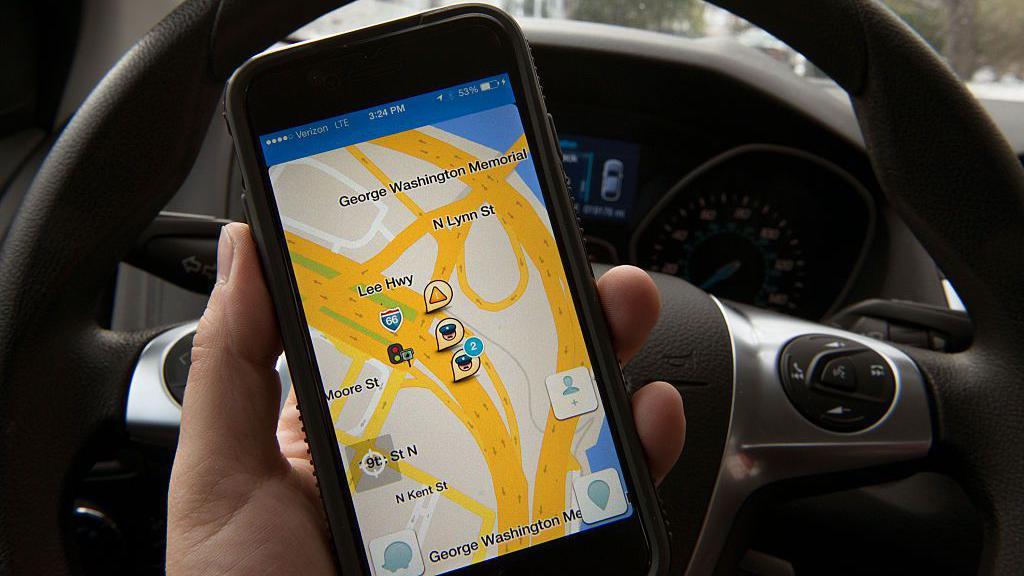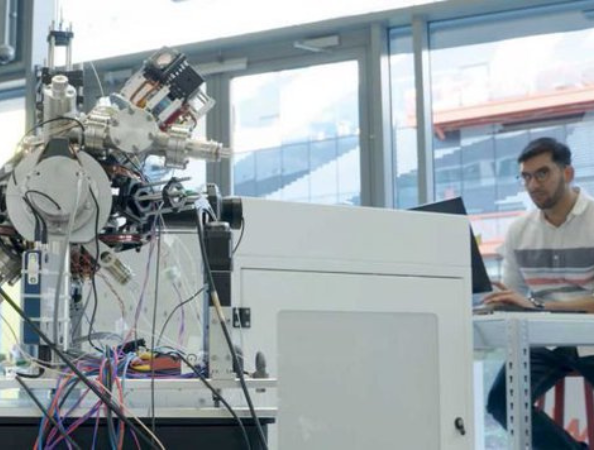Goodbye to GPS? This is Boeing's new navigation system that could revolutionize geolocation.

The Global Positioning System, better known as GPS , is one of the most widely used technological resources in the world. This tool can be found in apps, mobile phones, and digital navigation systems in some vehicles .
GPS allows you to know the exact location of a person or object anywhere on the planet thanks to its satellite connection.

GPS often experiences various signal interferences and can affect the user experience. Photo: Getty Images
However, the American company Boeing has built a new geolocation system that it hopes will replace the well-known GPS and revolutionize the technology. Its invention was announced in 2024, when it was reported that it had completed its first flight without using the tool.
"Although navigation with quantum sensors has been researched in laboratories for years, this test was the first known operation with the sensors on an aircraft during flight. This and subsequent flights have produced the real-time navigation data necessary for the application of the technology," he said in his statement.

The new GPS would use the motion of quantum atoms to determine location. Photo: X: @chayito09
With this response, Boing announced that they have developed a navigation system based on quantum atoms that does not experience service interruptions , as is often the case with GPS.
The "new GPS" is based on quantum sensors and atoms that revolutionize technology: its first test was "a success." According to Diario AS , the team conducted a test in 2024 in Saint Louis using a six-axis Quantum Inertial Measurement Unit (IMU). "The IMU was integrated into a complete inertial navigation system and deployed on a Beechcraft 1900D for the flight test series," he said.
The plane managed to fly for four hours over several kilometers without any problems with the invention.
According to the cited media, the IMU is a quantum technique called interferometry, which detects the rotation and acceleration employed by atoms, providing accuracy and precision of location.

Quantum GPS doesn't require satellites to determine the position of an object or person. Photo: X: @adslzone
Unlike traditional GPS, which uses data triangulation with satellites, quantum navigation uses the movement of atoms to prevent interference and prevent eavesdropping.
In collaboration with AOSense, Boeing developed the IMU. The test demonstrated that the quantum sensors "were able to operate successfully" during both landing and takeoff. According to the report published by Boeing in its innovation magazine, 'Boing Innovation Quarterly 2025,' this new technology seeks greater precision without satellite lock-on.

Quantum technology and its resource utilization could replace traditional GPS. Photo: X: @ThinkBig_open
The manufacturer has also said that this tool " will help improve flight safety ."
In addition to the American company, according to Infonegocios , the United Kingdom's National Physical Laboratory is also conducting the same research in collaboration with universities such as Imperial College London.

This same quantum technology is expected to be used in cars, airplanes, and other vehicles. Photo: X: @aarranzcad
"Their research seeks to miniaturize this technology for use in commercial vehicles, ships, and aircraft ," the cited media highlights.
LATEST NEWS EDITORIAL
Maria Juliana Cruz Marroquin
eltiempo





